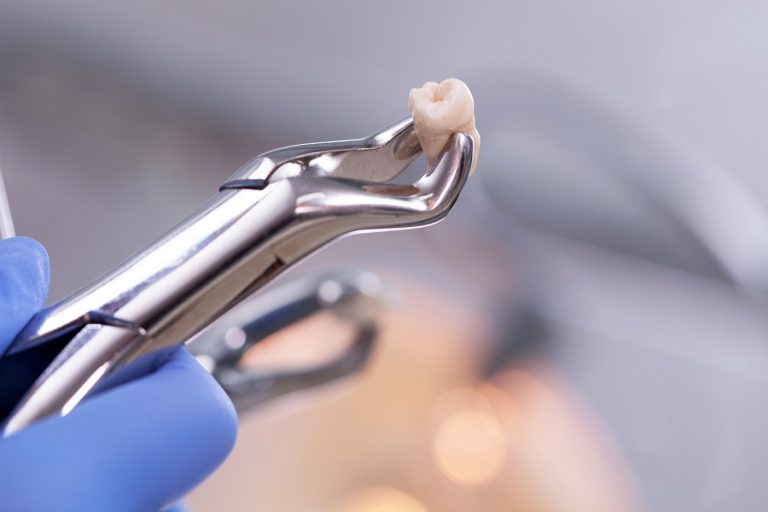Dentoalveolar surgery

One of the most common forms of oral surgery. It’s a general term used to describe surgery done in the tooth-bearing regions of the jaw. This mostly involves removal of impacted teeth.
You probably heard of wisdom teeth removal? Although the last tooth to erupt in your late teenage years, they aren’t the only tooth that may get impacted. A consultation usually involves a dental X-ray together with an examination.
Impacted teeth
- Do I need to remove them?
Impacted teeth may be partially erupted and serve as a bacterial trap which may, in time, affect the neighbouring tooth or cause repeated swelling and pain. Such teeth should be removed. Fully buried teeth completely surrounded by bone and have no history of causing problems may be left alone. If you are considering braces treatment, impacted teeth in the way of arranging your other teeth should be removed as well.
- What are the risks involved?
General risks of surgery comprise pain, bleeding and swelling, which can be adequately controlled with post -op medication and wound care instructions. Certain teeth may be near vital anatomic structures like nerves or your sinuses and your doctor will be the best person to advise you on your risk profile after conducting a full examination with X-rays.
- What is the down time after surgery?
Post-op swelling usually peaks on the second day after surgery and will usually taper off progressively in the following days. By the end of a week, you should be almost back to your usual diet and routine! Soft diet is recommended for at least 5 days but if you feel perfectly fine after surgery, you can carefully resume a normal diet. Do not brush the surgical wound as that may traumatise the tissues and complicate healing. An antiseptic mouthrinse is provided to cleanse the opsite. Avoid strenuous physical activity for at least 5 days as raising your heart rate and blood pressure may cause more swelling and bleeding. For surgeries in the upper jaw, you may also be advised to avoid blowing your nose or holding back your sneeze.
